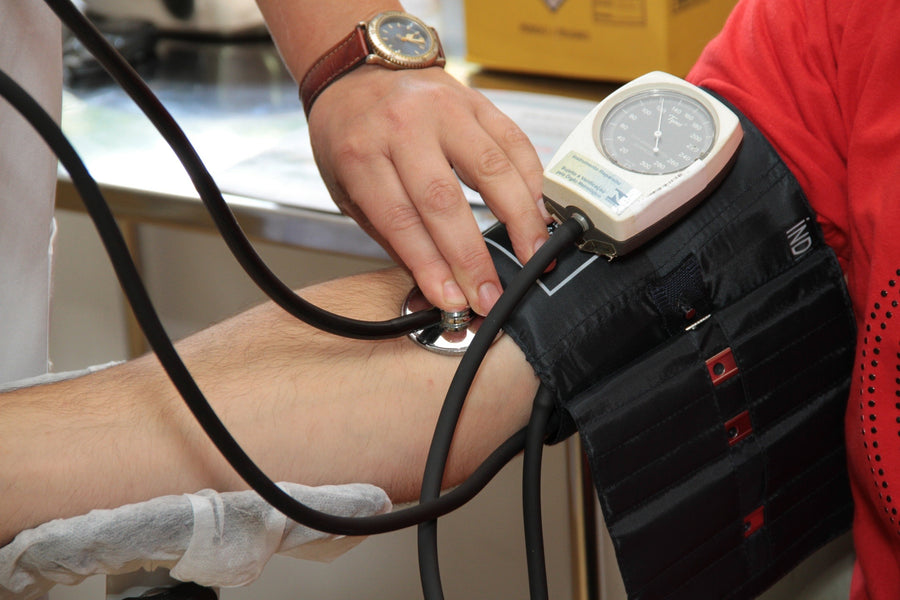
Question: According to my blood work my vitamin D3 level was considered deficient (11 ng/ml). My doctor prescribed me 50,000 IU once a week for 8 weeks. After taking the high dosage she instructed me to follow up with taking 2,000 IU daily. I've been feeling horrible. I'm tired, have a restless sleeping pattern, dealing with muscle spasm and bone pain, my joints pop when I move, brain fog, dehydration, dry eyes, blurred vision, bouts of anxiety and depression (which I've never had before). Ever since then I've stopped taking the vitamin. I'm currently at 38 ng/ml. I was a healthy 38 year old woman until I started taking the high dosage of vitamin D.
Answer: I don't understand why some doctors prescribe these massive amounts. A few people may need up to 3,000 units a day. Many do well taking between 400 and 2,000 units daily and even less if exposed to daily sun. You may find this Reuters Health article from a few months ago interesting:
"Nearly one in five U.S. adults are taking supplemental vitamin D, and a growing number are taking excessively high doses linked to an increased risk of fractures, falls, kidney stones and certain cancers. The recommended daily intake of vitamin D for most adults is 600 IU (international units), or 800 IU after age 70. Researchers examined survey data collected for 39,243 adults from 1999 to 2014. The proportion of people taking more than 1,000 IU daily surged from just 0.3 percent in the first survey in 1999 to 18 percent in the last survey in 2014. 'Vitamin D is essential for bone metabolism, as it helps the body absorb calcium and maintain appropriate concentrations of calcium and phosphate in the blood,' said senior study author Pamela Lutsey, a public health researcher at the University of Minnesota in Minneapolis. 'Excessive intake of vitamin D can, however, be harmful, as it can cause overabsorption of calcium. Excess blood calcium can, in turn, lead to detrimental deposition of calcium in soft tissues, such as the heart and kidneys.”








